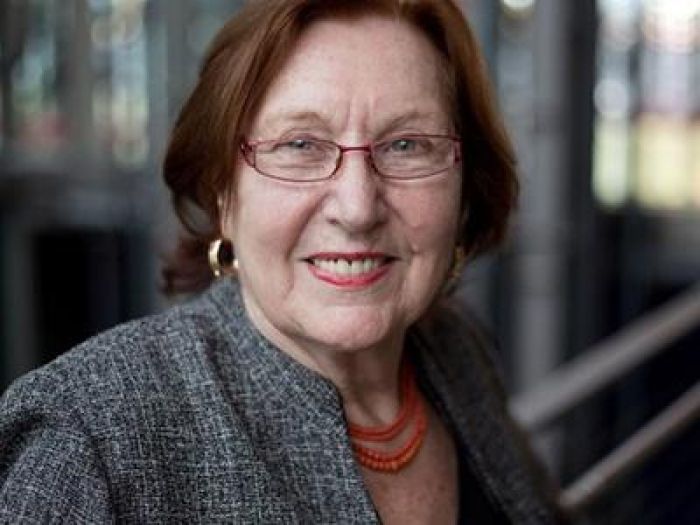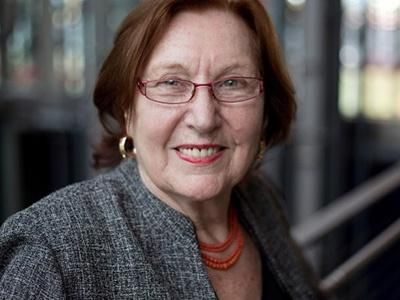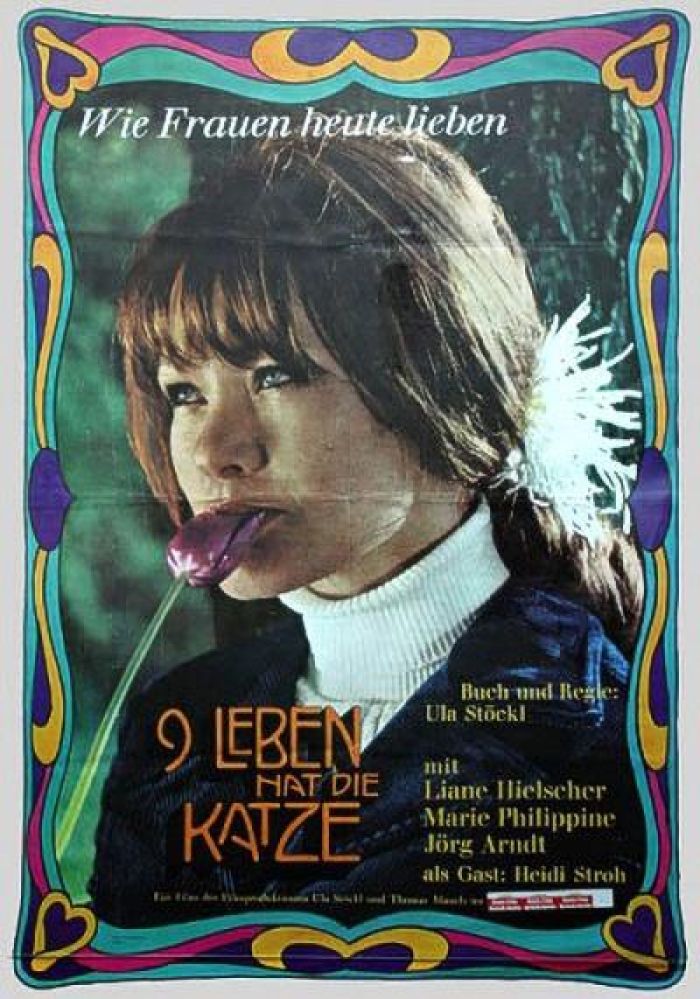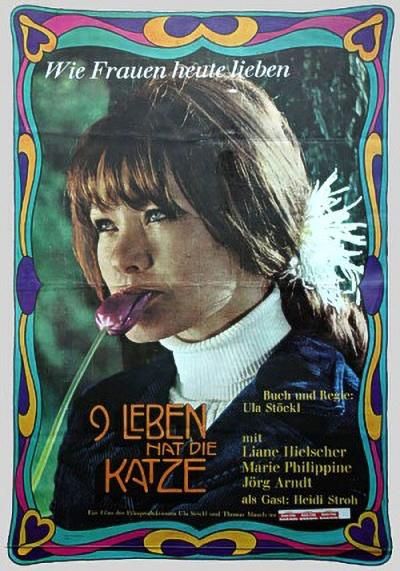Neun Leben hat die Katze (The cat has nine lives)
Sinopsis
Fiction. There is one thing that each of the 5 women knows for certain: success is very attractive. So they are all looking for success. Each woman adapts herself to her own particular circumstance, according to their character. Each believes to have found an individual way out of misery. The scale of misery determines the emotion. Katharina yearns for a life without sentimental obligations. She believes that she has achieved this. Therefore she views her beloved girlfriend Anne with even greater sympathy. Anne is at the moment learning the left-wing jargon. But it is pure helplessness. She thinks it is a political commitment that makes her not trust her friend Katharina, so Anne smiles as well. Gabriele is involved with business. Her motto: it’s fine if you like it. To herself, she says: if Jesus had loved women, I would love him. Yes, they laugh. Magdalena holds on to her husband, Stefan, with an iron grip. He on the other hand loves any woman who gives him encouragement. Magdalena, the wife, has a smiling role. Kirke is a discovery. She can do everything: turn men into pigs. Or seduce them. Kirke, the ideal woman, is not oppressed. She does whatever she wants. And she won’t be laughed at. These five women describe five possible modes of behavior for women, each of whom wants to break out of her state of dependence. It becomes clear that solidarity between women is difficult to achieve when striving for freedom. However, it is only solidarity, which will help women achieve more freedom. And the men in this film? They see women only as beautiful beings, who solve their problems with gossip.
Born in 1938 in Ulm. Studied languages in London and Paris and worked as a bilingual secretary. From 1963 – 1968, she studied at the film institute of Ulm’s design college, where she produced The cat has nine lives as her thesis film. She worked with Edgar Reitz and directed TV movies and stage productions. Der Schlaf Der Vernunft was awarded a silver German film prize in 1985. Stöckl has been an associate lecturer, including at Berlin’s dffb film school and was on the selection committee for the Berlinale. She is an associate professor at the University of Central Florida in Orlando.
November, 10th 2020. 7.30 pm
Goethe-Institut Madrid
Access
Section: German Contemporary Directors
Year of Production: 1968
Running Time: 86’
Country: Federal Republic of Germany
Language: German
Director: Ula Stöckl
Cast: Liane Hielscher, Marie Philippine/ Kristine Deloup, Jürgen Arndt, Antje Ellermann, Alexander Kaempfe, Elke Kummer, Hartmut Kirste, Wolfgang von Ungern-Sternberg and Heidi Stroh.
Producers: Ula Stöckl and Thomas Mauch
Production Company: Filmproduktionen Ula Stöckl und Thomas Mauch
Main Festivals and awards: International Film Festival of Mannheim 1968. Edinburgh 1977. Berlinale: Retrospekctive 1978. Rotterdam 1979. International Women Film Festival of Créteil 1987. Oberhausen 1987. Festival Femme Totale of Dortmund 1987. Feminale of Köln 1988. Berlinale Classics during the 65th Berlin International Film Festival. Sevilla 2019, Retrospective “Self-Determined. Perspective of Woman Filmmakers” at Berlin International Film Festival












































































